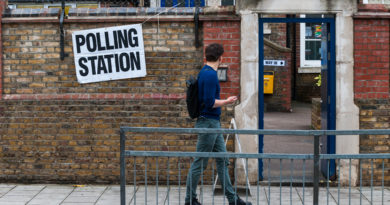Translation of documents no longer required in other EU countries
The almost 20 million EU citizens living and working in another EU country will no longer need a stamp or an official translation to prove that their birth, marriage or divorce certificates are authentic.
Under an EU regulation that came into force on February 16, documents issued in a country of the European Union must be accepted as authentic in other EU states. If an authority has reasonable doubts of a possible fraud, it will be able to check the authenticity of the document with the issuing body through the Internal Market Information System (IMI), an IT platform that connects national, regional and local administrations across the Union.
The regulation also abolished the obligation to provide a certified copy and a certified translation of documents. People can instead request a multilingual standard form that can be attached to the document as a translation aid.
“This is excellent news for citizens who live or want to live in another EU country,” said EU Commissioner for Justice Věra Jourová. “There will be no more costly and time-consuming bureaucratic procedures for citizens who need to present a public document to get married or start a job in the country they live in. It will make the daily lives of people living and working in another EU country easier and cheaper.”
The regulation concerns documents certifying births and deaths, names, marriages, divorces, separations, marriage annulment, registered partnerships and their dissolution, parenthood, adoption, domicile, residence, nationality, absence of criminal records, and electoral rights.
The rules were proposed by the European Commission in April 2013, considering that people were facing too cumbersome administrative procedures when moving across countries. The final text of the regulation was approved in June 2016 and EU countries had two and a half years to prepare for its enforcement.
Claudia Delpero © all rights reserved.
Photo: Dominique Hommel © European Union 2018, Source EP. Video by EU parliament.





